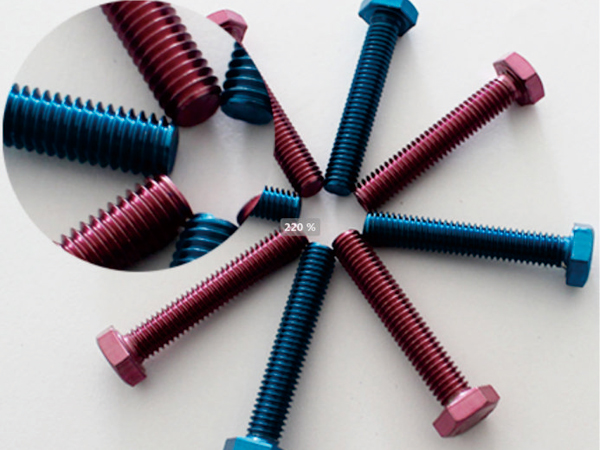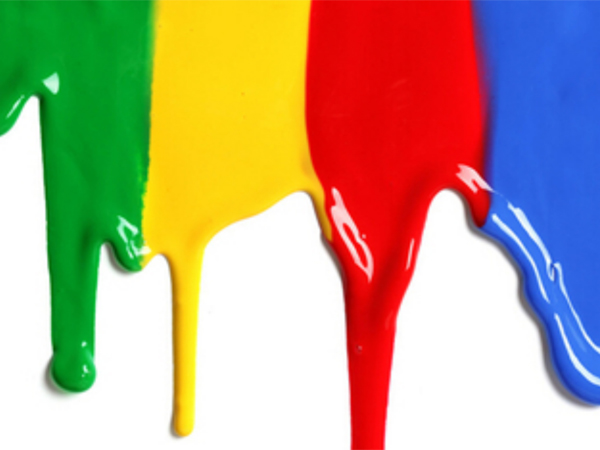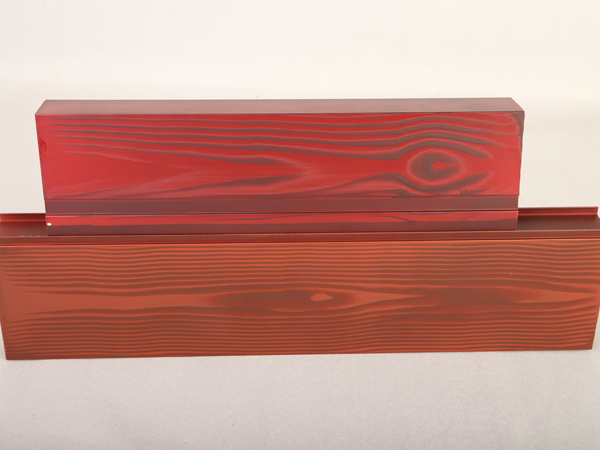Analysis and Treatment of Uneven Color of Cathodic Electrophoretic Paint
With the development of China's economy, the country's requirements for environmental protection are getting higher and higher, and electrophoresis, as a high-quality, efficient and environmentally friendly surface treatment method, is developing faster and faster. Enterprises are still lacking in on-site management and maintenance, and there will often be problems that affect production. Color electrophoresis is a highly decorative electrophoretic paint with high brightness and bright color, which is deeply loved by the public. However, in the production of many enterprises, uneven color is often encountered. Today, Zhibang Technology will talk about the occurrence and treatment of uneven color of cathode color electrophoretic paint film.
First we need to understand several forms of uneven color:
1. A single product has different shades of color;
2. When the product has grooves, the color in the groove is different from that of the plane;
3. The whole hanging product is shallow at the top or deep at the bottom or deep at the bottom and shallow at the middle;
4. The front side of the product is dark in color and the back is light in color.
Why is the color uneven during the production process? When this happens, what should we do? And how can we prevent this from happening in the future?
Production color unevenness is mainly due to the following factors:
1. The conductivity is high and the PH value is high;
2. low solid content;
3. The temperature is too high and there is no constant temperature device;
4. The solvent content is too high or too low;
5. The ratio of pigment base in the bath is out of balance;
6. Poor dispersibility of color paste;
7. The pre-treatment cleaning is not clean;
8. The distance between the plate and the product is too close;
9. The oven temperature is uneven and the temperature deviation is large.
When color unevenness occurs, first check the following:
1. Detect various parameters of the electrophoresis tank (solid content, conductivity, PH value, temperature, solvent content);
2. Check the cleanliness of the pretreatment and whether the pretreatment process is contaminated;
3. Check whether the environment is polluted by the electrophoresis tank;
4. Check whether the oven temperature is uniform and up to standard.
After completing the above 4 tests, you can make corresponding judgments and processing, such as:
1. High conductivity and high PH value: The electrophoresis tank is polluted, and impurities should be discharged, ultrafiltered drainage and supplemented with pure water (conductivity is required to be below 10μΜ) to reduce the conductivity and PH value to normal values;
2. Low solid content: slow speed in the previous period, poor running position, add new electrophoretic paint to the normal range;
3. High temperature: If the temperature is too high, the aging of the bath will be accelerated, the painting speed will be accelerated, the pulverization of the bath will be accelerated, the temperature of the bath will be reduced to the normal range, and constant temperature equipment will be installed;
4. The solvent content is too high or too low: you can use a chromatograph to analyze the solvent content or press the electrophoretic wet film with your finger after the last water of the product;
5. When the finger is pressed, the sliding is sticky, and there is a wire drawing, which is very loose. It is because the solvent content is too high, and it needs to be ultra-filtered to drain and add purified water;
6. When pressed by fingers, the wet film is very hard and dry, and will not leave fingerprints. The solvent content is too low, so it is necessary to add solvent. Generally, the amount of solvent added is 0.5%~2.5%.
7. The pigment-to-base ratio is out of balance: the colorant content is too high, and the addition of electrophoretic paint reduces the pigment-to-base ratio;
8. Poor dispersion of color paste: strengthen the circulation and stirring of the tank;
9. The pretreatment is not clean: strengthen the pretreatment washing, the pretreatment water should be replaced frequently, and the workpiece will not hang after washing;
10. The distance between the cathode plate and the product is too close: the pole plate is too close, the magnetic field is too large, it is easy to color unevenly, improve the hanger, and the distance between the product and the pole plate is more than 20 cm;
11. The oven temperature is uneven and the temperature deviation is large: the temperature deviation will lead to 2 or even 3 colors in the same oven product.
The above are the causes and solutions for the uneven color of the cathodic color electrophoretic paint film. However, due to the factors that cause the uneven color of the electrophoretic paint film and the production environment of each enterprise, the specific treatment method To analyze and solve according to the situation on site.





 WeChat
WeChat